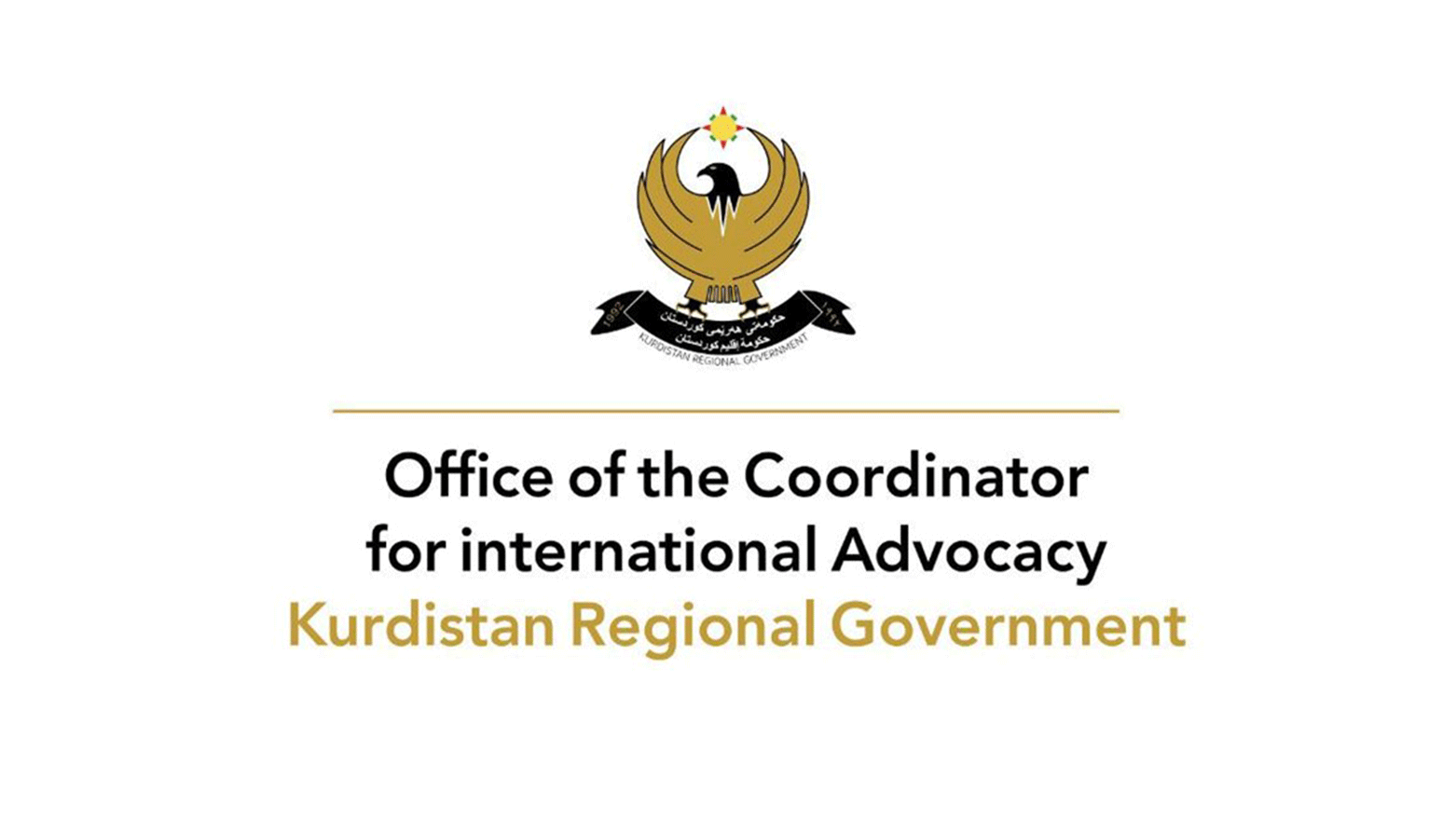Kurdistan Region leads in disappearance cases, OCIA urges action on International Day of the Disappeared
According to the OCIA's statement, the Kurdistan Region recorded the highest number of victims linked to enforced disappearances, particularly during the Anfal campaign.

ERBIL (Kurdistan24) – On the World International Day of the Disappeared, the Office of the Coordinator for International Advocacy (OCIA) highlighted the alarming number of victims of enforced disappearances in the Kurdistan Region. The OCIA called on the Iraqi federal government to uphold its responsibilities to deliver justice and provide compensation to the victims' families.
According to the OCIA's statement, the Kurdistan Region recorded the highest number of victims linked to enforced disappearances, particularly during the Anfal campaign. The atrocities have affected over 182,000 people in Garmiyan and Badinan, as well as 8,000 in Barzan and other areas, many of whom remain unaccounted for.
The Kurdistan Regional Government (KRG) is currently working in collaboration with the Iraqi National Committee for the Disappeared and the United Nations Mission in Geneva. This coordination aims to investigate cases of disappearances both during Saddam Hussein’s regime and following the conflicts after 2014.
The OCIA emphasized efforts to classify these crimes against the Kurdish population as genocide. Many of these cases, including the Anfal campaign, chemical attacks, and the persecution of Feyli Kurds, have been resolved in court. Nevertheless, the organization urges the Iraqi government to meet its obligations to deliver justice and compensate victims' families comprehensively.
The statement further detailed several laws that have been enacted in the Kurdistan Region to address the legal status of relatives of Anfal victims and other enforced disappearances. These include the 1999 Missing Persons Law, the 2006 Rights and Privileges of Relatives of Anfal Martyrs Law, and the 2007 Support and Assistance Fund for Relatives of Anfal Martyrs.
The KRG's ninth cabinet has made notable efforts to support victims' families. More than 19.5 billion dinars have been allocated to the education of martyrs' families, Anfal victims, and political prisoners. Additionally, land, homes, and apartments have been provided to these families, with 200 apartments, 375 houses, and 5,500 plots of land distributed.
In 2015, Law No. 9 on Genocide Recognition was passed, resulting in the recognition of 361 individuals as victims of genocide.
The OCIA's appeal on this day underscores the need for continued action to address the legacy of disappearances in the Kurdistan Region and across Iraq.